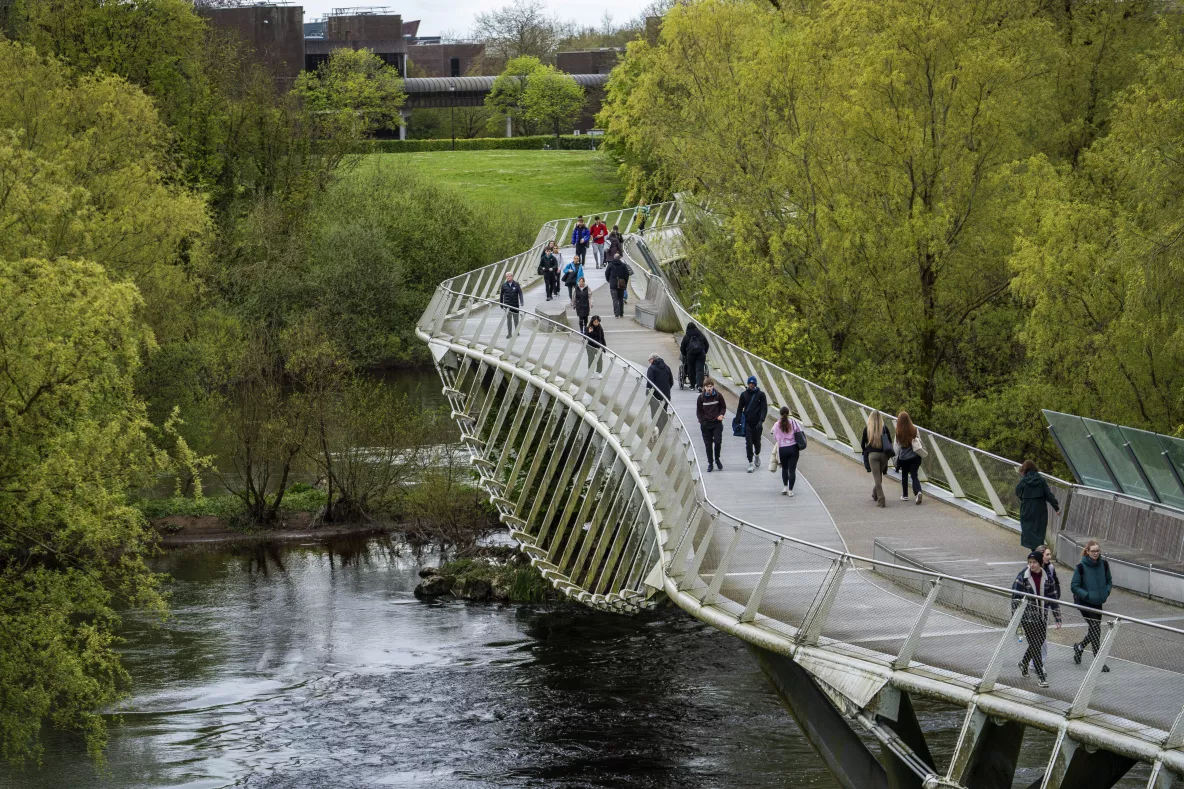

Nine in ten primary school staff in Ireland believe it is important to know about LGBTQ+ inclusivity, according to new research by University of Limerick.
Recently conducted research highlights the gap between primary staff’s willingness to be LGBTQ+ inclusive and their confidence in how to do so.
Nine in ten primary school staff in Ireland believe it is important for principals, deputy principals, class teachers, special needs assistants and support staff to know about LGBTQ+ inclusivity. That’s according to new research, Belong To Primary: New Foundations for LGBTQ+ Inclusivity in Primary Schools.
The research was conducted at the School of Education, University of Limerick to understand the knowledge levels, views and professional needs of primary school staff in Ireland regarding LGBTQ+ inclusivity, in partnership with Belong To – LGBTQ+ Youth Ireland. The research was funded by an Irish Research Council grant.
The survey findings show an overwhelming willingness among primary staff to be LGBTQ+ inclusive, but reveal a lack of knowledge, skills and confidence needed to deliver fully inclusive practice for their pupils.
In total, 1,031 primary school staff across Ireland were surveyed including principals, deputy principals, class teachers, special needs assistants and support staff. Almost a quarter of respondents were principals or deputy principals.
Key Findings
Of the more than 1,000 primary school staff surveyed:
- School Culture:
- 90% believe it is important for those working in primary schools to know about LGBTQ+ inclusivity.
- 57% have never taken part in LGBTQ+ specific professional development.
- Inclusive Lessons:
- 85% think that LGBTQ+ characters should be included in primary lessons in the same way as heterosexual characters.
- 24% do not feel confident teaching SPHE/RSE in an LGBTQ+ inclusive way.
- 36% of teaching staff never use books and resources with LGBTQ+ people represented.
- Coming Out:
- 56% either have no formal school supports for a pupil who comes out as LGBTQ+ or are unsure of whether such supports are in place.
- 56% either have no formal school supports for a pupil who comes out as LGBTQ+ or are unsure of whether such supports are in place.
- Bullying:
- 91% think that primary school pupils should learn about anti-LGBTQ+ bullying.
- 57% of primary staff feel confident in teaching about anti-LGBTQ+ bullying.
- 44% of primary staff heard pupils make subtle derogatory jokes or comments about LGBTQ+ people.
Primary School Staff Call for Training and Guidance
In open questions throughout the survey, school staff respondents repeatedly and strongly called for:
- A primary curriculum that specifically names LGBTQ+ identities and topics;
- Training on LGBTQ+ identities and experiences; and
- Guidance on supporting a pupil coming out as LGBTQ+.
According to recent1 research, for LGBTQI+ young people aged 14-25 in Ireland today, the most common age to realise their LGBTQI+ identity is 12, and the most common age to tell another person about their LGBTQI+ identity for the first time is 14. Within this context, primary school emerges as a crucial time for young people in the development of their self-identity, and perceptions and understandings of others.
Speaking about the report today, Dr Aoife Neary (she/her), Associate Professor in Sociology of Education in the School of Education at University of Limerick and Principal Investigator of Belong To Primary, commented: “The research findings highlight the gap between the willingness and ambition on the part of primary school staff to be more LGBTQ+ inclusive in their schools and their lack of confidence and knowledge required to do so.
“The findings are clear – more than four in five primary staff believe that LGBTQ+ identities should be represented in our school curriculum. Those who are confident in planning LGBTQ+ inclusive lessons are far more likely to put this into practice than those who do not feel confident in their knowledge of LGBTQ+ inclusive practice. Respondents expressed the need for primary school staff to be resourced with the knowledge, skills and confidence to deliver the support they see as necessary for pupils in their schools.”
Also speaking on the publication of the report today was CEO of Belong To, Moninne Griffith (she/her), who said: “This research reflects what we at Belong To have been hearing from educators for many years – confidence is key. It is heartening to see the overwhelming support for LGBTQ+ pupils, and LGBTQ+ inclusive environments and practice. International research shows that LGBTQ+ inclusion at primary level is a buffer against bullying at primary and in later years.
“Primary school staff across Ireland are doing inspiring work to create safe and supportive environments in their schools. We must listen to them on what is required to achieve this and provide the resources and training they are calling for to ensure that all primary-aged pupils, including pupils who identify as LGBTQ+, feel safe, supported and represented in their school environment.”
A summary of the report’s key findings and the full research report is available to download from the University of Limerick here.
The research project was funded by an Irish Research Council ‘New Foundations Engaging Civic Society’ grant.
Telephone: +353-61-213081 or 234392
Faculty Office, Faculty of Education and Health Sciences, University of Limerick, Limerick, Ireland.